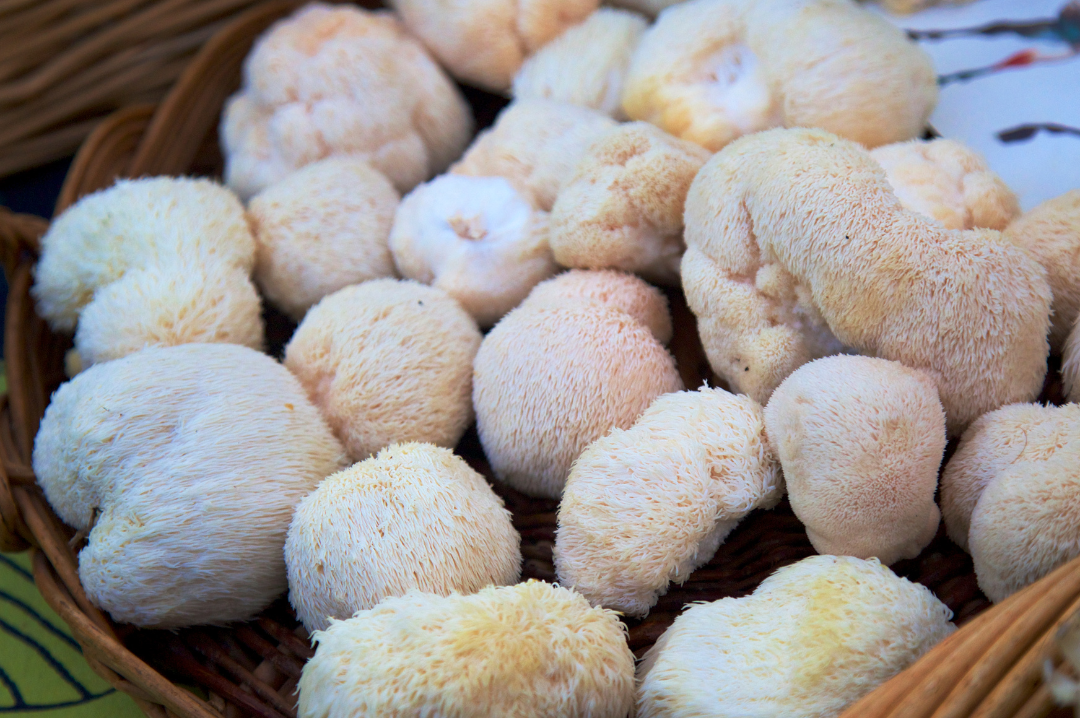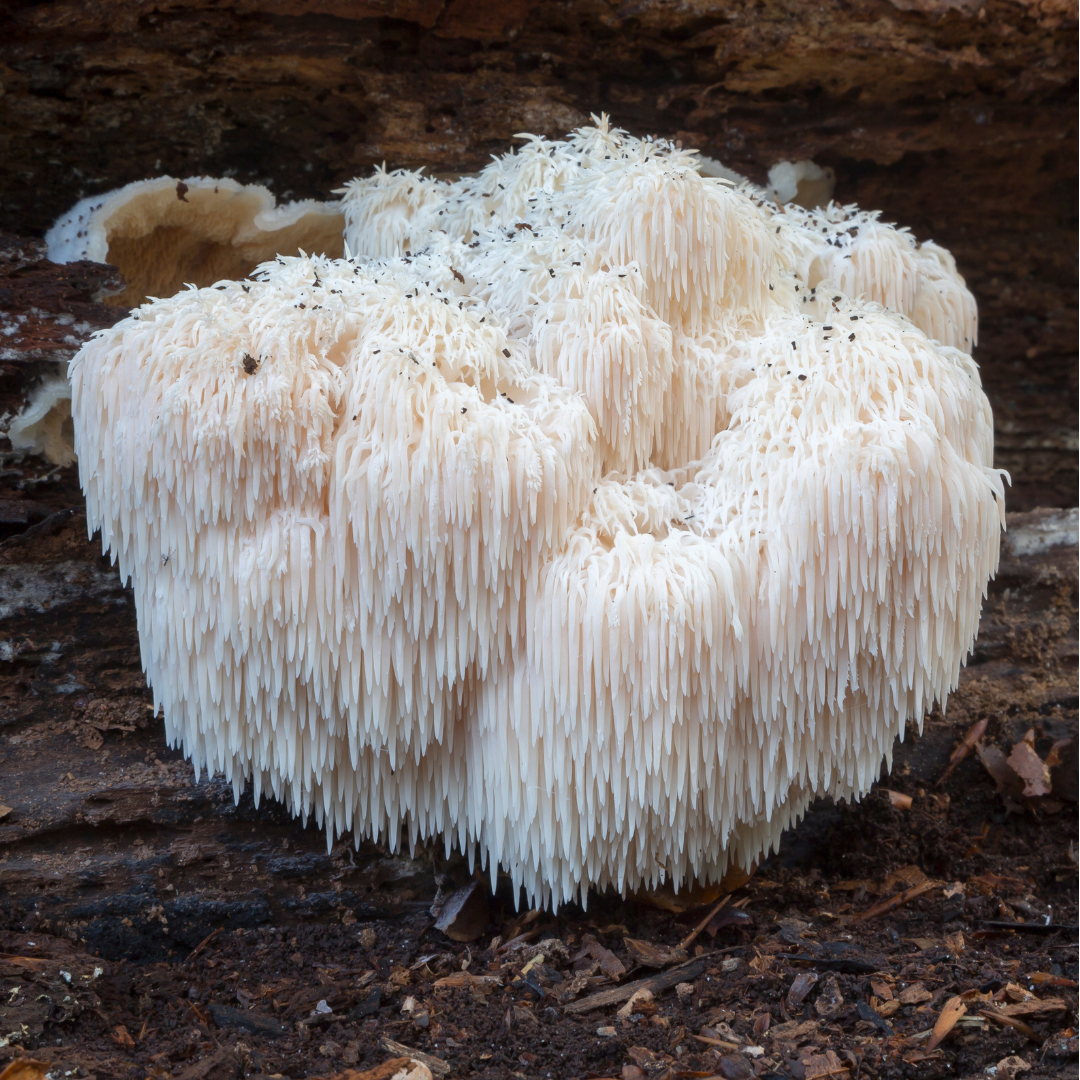
Read time: 2 min
In our quest for well-being, the fusion of ancient wisdom and contemporary science has given rise to a powerful trend: the integration of traditional herbs into modern wellness practices.
This blog post delves into the rich tapestry of research surrounding the synergy between time-honored herbs and cutting-edge wellness approaches, unveiling the potential benefits of this harmonious marriage.
- Herbal Wisdom Through the Ages: A Historical Perspective
Embarking on this journey requires a look back at the roots of traditional herbal medicine. Drawing upon centuries-old practices, research from institutions like the World Health Organization recognizes the efficacy of traditional herbs in treating various ailments. Examples include the use of turmeric for its anti-inflammatory properties and ginseng for its adaptogenic qualities, showcasing the enduring relevance of herbal wisdom.
- Turmeric: Curcumin's Potent Modern Applications
Turmeric, a staple in traditional medicine, has gained modern acclaim for its active compound, curcumin. Studies, such as those published in the Journal of Clinical Psychopharmacology and Neurochemistry, demonstrate curcumin's potential anti-inflammatory and neuroprotective effects. The integration of turmeric into wellness routines reflects a synergy between ancient knowledge and contemporary scientific validation.
- Ginseng's Adaptogenic Brilliance: A Bridge Between Tradition and Stress Management
Ginseng, renowned in traditional Chinese medicine, acts as an adaptogen – a substance that helps the body adapt to stress. Research in the PLOS One journal showcases ginseng's potential in reducing stress and fatigue. As stress-related health issues rise, the incorporation of ginseng into modern wellness practices underscores its role in bridging the gap between tradition and stress management.
- Ashwagandha: Traditional Indian Herb Meets Modern Stress Relief
Ashwagandha, a revered herb in Ayurveda, has captured modern attention for its adaptogenic and stress-relieving properties. Scientific studies, including research in the Journal of Clinical Psychopharmacology and Neuroscience, validate ashwagandha's ability to reduce cortisol levels and improve resilience to stress, offering a bridge between ancient herbal wisdom and contemporary stress management.
- Holy Basil (Tulsi): Balancing Tradition and Modern Immune Support
Holy Basil, or Tulsi, holds a sacred place in Ayurveda for its various health benefits. Modern research, such as that published in the Journal of Ayurveda and Integrative Medicine, highlights Tulsi's immunomodulatory effects. As immune health becomes a focal point of wellness, the incorporation of Holy Basil into modern wellness practices exemplifies the seamless integration of tradition and immune support.
Conclusion:
The harmonious marriage of traditional herbs with modern wellness practices signifies a profound synergy between ancient wisdom and contemporary science.
From the anti-inflammatory prowess of turmeric to the stress-relieving qualities of ginseng and ashwagandha, these herbs offer a bridge connecting the time-tested knowledge of our ancestors with the advancements of modern research.
As individuals seek a holistic approach to well-being, the integration of traditional herbs into modern wellness routines presents a promising path, inviting us to reap the benefits of the best from both worlds.






